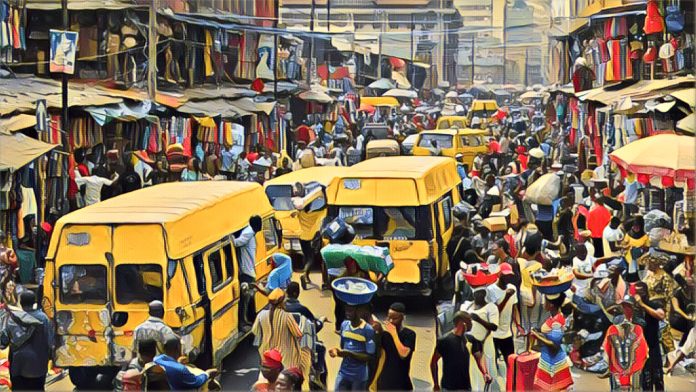Nigeria faces a dire food shortage, with an estimated 94.5 million citizens struggling with insufficient food consumption by the month’s end. This crisis adds six million more to the 88.5 million already experiencing hunger.
Kingsley Uzoma, the Senior Special Assistant to the President on Agribusinesses and Productivity Enhancement, raised this alarm at a policy dialogue in Abuja. The event, a collaboration between the Federal Government, International Fund for Agricultural Development (IFAD), and National Information and Technology Development Agency (NITDA), focused on using Information and Communication Technology (ICT) to aid smallholder farmers.
Uzoma noted an alarming 80% surge in food importation between 2019 and 2023. He assured that the Federal Government is committed to reversing this trend.
The country has seen a significant rise in food prices in recent years, worsened by government policies like the removal of petrol subsidies. A recent study showed a 26.33% average annual rate of food inflation, a sharp increase from the previous year.
A decline in agricultural capacity is a major contributor to the hunger crisis. Uzoma highlighted that Nigeria has the world’s highest rate of stunted children, with 70% of the population living below the poverty line. Food inflation stood at 31.52% in October.
The government declared a state of emergency in food security. Uzoma emphasized the role of IFAD-financed programs like the Value Chain Development Programme and Livelihood Improvement and Family Enterprises Project in the Niger Delta. These aim to enhance incomes and food security through sustainable practices and ICT integration.
Uzoma identified challenges in data access, gender equality, infrastructure, and technical support. He emphasized the importance of digital literacy and collaboration between agencies and the private sector for technology adoption by smallholder farmers.
The presidential aide advocated a twin approach of developing technology infrastructure and driving low-technology solutions like USSD and WhatsApp for wider accessibility. Collaborations with the Federal Ministry of Agriculture and Food Security and NITDA are crucial for implementing the National Digital Agriculture Strategy.
The government’s multifaceted approach includes empowering one million women, youths, and minorities, achieving a $22 billion import substitution of high-value crops, implementing sustainable agricultural practices, and generating two million direct and six million indirect jobs, focusing on youths and women.
Dede Ekoue, IFAD Country Director, stated that the dialogue aims to strengthen partnerships for better access to digital solutions for smallholder farmers, enhancing their livelihoods and contributing to food security, economic growth, and job creation.



